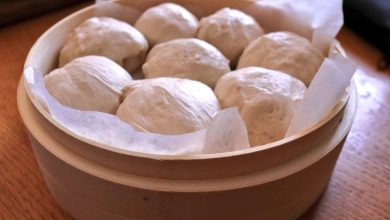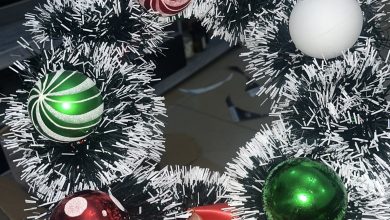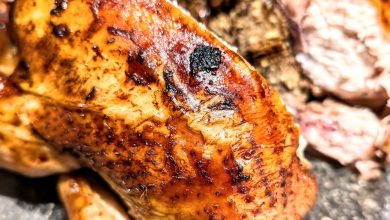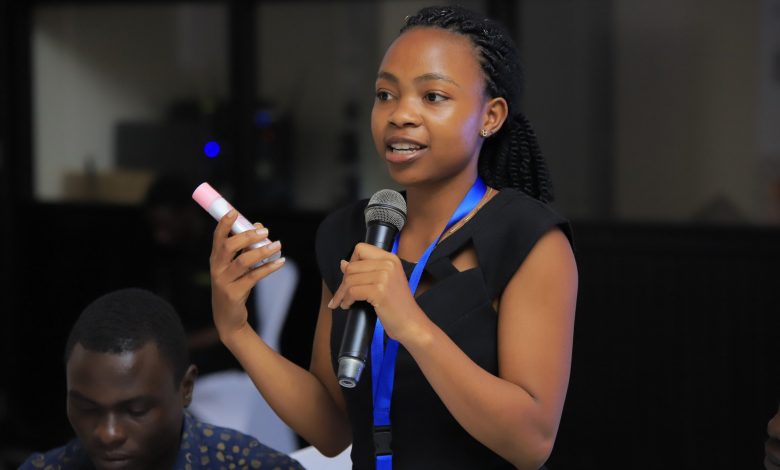
Jovia Kisaakye makes mosquito repellant lotion out of spoilt milk
Growing up in a family that depended on animals, especially cows for the sustenance of the home, spoilt milk was one set back to realizing the daily income.
On the other side, during those days in the village in Masaka, a young Jovia Kisaakye was always sick and, on several occasions, missed school due to frequentmalaria attacks.
“As child, I battled malaria almost every week to the extent that I was admitted to clinics on weekly basis and had a permanent bed there due to malaria. Malaria is a terrible disease,” the 20-year-old student of Bachelor of Business Statistics at Makerere University begins her story.
When she grew up, she was determined to find a solution to the problem many people faced but was not sure how to begin.
“By the time I joined high school, we had engaged in so many projects as entrepreneurship students and this re-ignited my dream to transform spoilt milk into a useful product,” she says.
As fate would have it, Kisaakye met a medical doctor who was doing research on malaria prevention and he sought her advice and help in his research work.
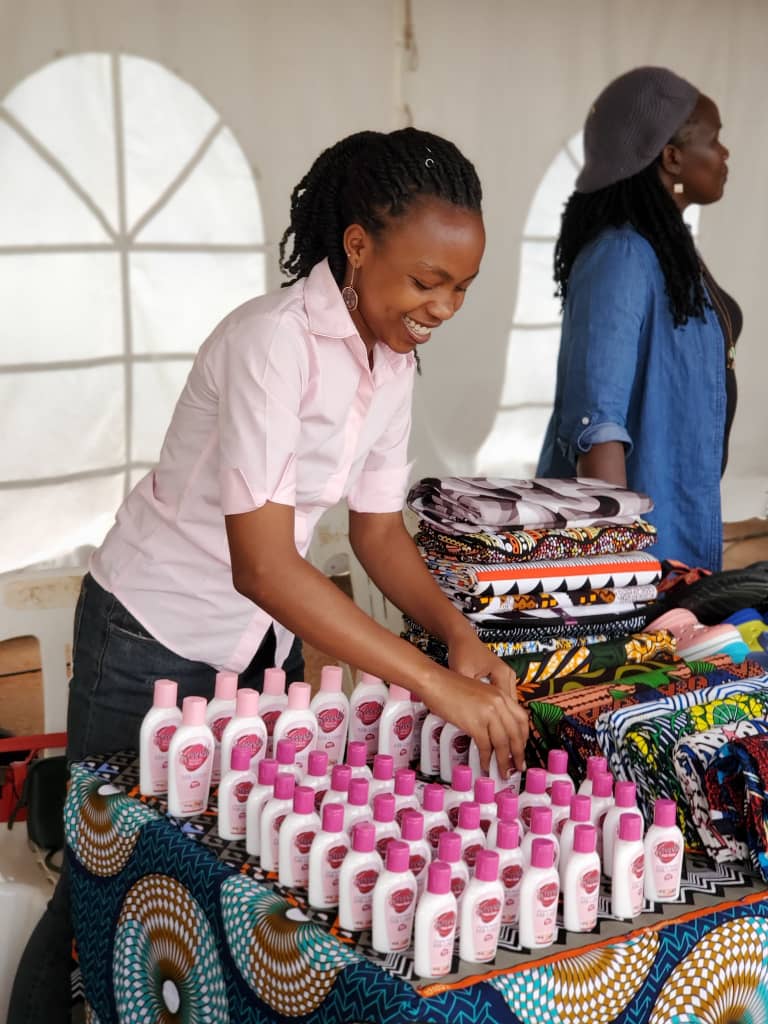
“When I heard his interests in fight against the disease, I knew that he was the right person to work with. So, I gave him some ideas about producing mosquito repellents since people in the community were utilizing mosquito nets for other purposes,” she says.
The duo would then embark on the newfound task to accomplish each other’s goal.
“At the heart of Makerere University lay another friend of ours who was carrying out research on milk fermentation under Makerere Dairy Lever Project. He had preserved liquid milk into solid milk and was looking at making a cream out of it. At this time, I suggested that we make a lotion instead and additionally make it a mosquito repellent lotion to serve a wider purpose,” she says.
Gets grant
In 2019, Kisaakye and her two newly found friends got a $1500 grant from the Makerere University Dairy Lever Project to find sustainable means of transforming spoilt milk into stable and sustainable products.
“I, together with my colleagues, made research over the internet on lotion making and made our first product. Unfortunately, it was unstable within a week and the repellent I added made it lose its other properties. We hired a few chemists using the grant money to improve on the stability of our product.
She says her prior knowledge of making lotions that she had got during her entrepreneurship class in high school came in handy.
“A series of multiple attempts never gave us a stable product until 2020 when we received additional grant from RUFORUM Network to improve our product and carry out testing, standardization and certification. We piloted the product in remote markets for six months, regularly improved it until we obtained a standard formulation that was reviewed by the Uganda National Bureau of Standards (UNBS),” she says.
Kisaakye says by 2021, they had launched the product on the market for consumption and named it Sparkles Preps Master, a mosquito repellant milk lotion.
She admits the product came to life after several failed attempts of testing and validation.
“Each attempt required over Shs 1 million to take to the lab for quality check and standard monitoring and this seemed expensive for a startup like mine which hardly had any resources. Fortunately, we outsourced money from friends, obtained additional grants and kicked off our production,” she says.
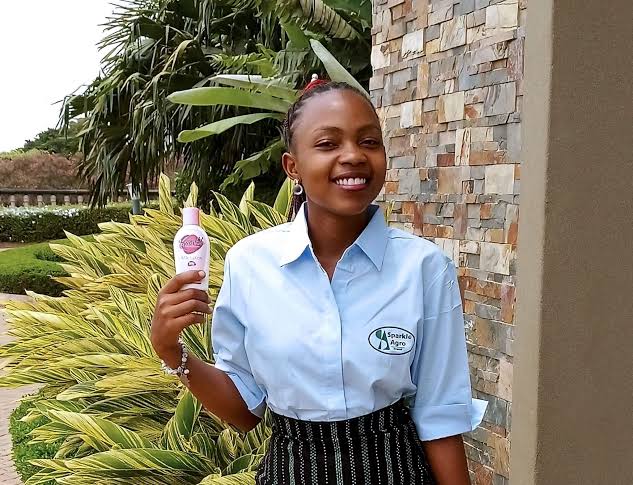
Marketing
The 20-year-old says the first market for her product were her immediate family members, friends and neighbours who bought it for use.
“However, I didn’t get enough support here, but I practiced my marketing skills by selling to them. Later on, I did a series of random marketing in Kajjansi market to different retailers and these stocked my product to try it out. I could then refer buyers to these shops,” she says.
She says she later opened up social media pages for the company as well as doing online marketing which opened up international markets for her.
“I was able to get over 200 orders from Germany which were successfully shipped, while others came from Kenya and few from Uganda.”
Conquering Uganda
Whereas her product had a big market abroad, Kisaakye says her dream was to conquer the local market and to this, she made several school visits to market her product.
Slowly by slowly, head teachers and students picked interest and started making orders for the mosquito repellant lotion.
“I have been able to sell to schools, tourist organizations, NGOs and regional distributors. I also made a partnership with Jumia Uganda to distribute my lotion in all parts of the country,” she says.
Achievements
Kisaakye says her product has achieved a lot since its inception in 2019.
“From producing a standard product to expanding markets to include Uganda, Kenya and Germany, my brand has steadily grown beyond the set target. We have been recognized by global organizations like Clinton Global Initiatives, 2022 Meaningful Business, Young African Leadership Institute (YALI), SME African Business Award, Unleash Global Lab among others. We have also raised revenue through grants from organizations such as RUFORUM Network and NSSF Uganda,” she says.
She says she is proud of what she has achieved in the last few years.
Challenges
Despite the numerous achievements, Kisaakye says the journey has not been without challenges.
“Building a startup is tedious and requires a lot of resources to sustain. The first years are years where you earn zero revenue and yet people desire quality products at all times. It requires personal sacrifice and soliciting funds from any source you can think of to build your business and this has not been easy,” Kisaakye says.

“We also faced a challenge of acquiring standard quality marks as these are highly expensive procedures and require well established companies to get. However, we received funds to complete this requirement.”
She says there is need for government to invest in the youth as they are a resilient and often a more formidable force than any other category of people.
“Let government put up programs to support its entrepreneurs instead of donating money anyhow. These entrepreneurs will open up more jobs for their colleagues,” she says.

